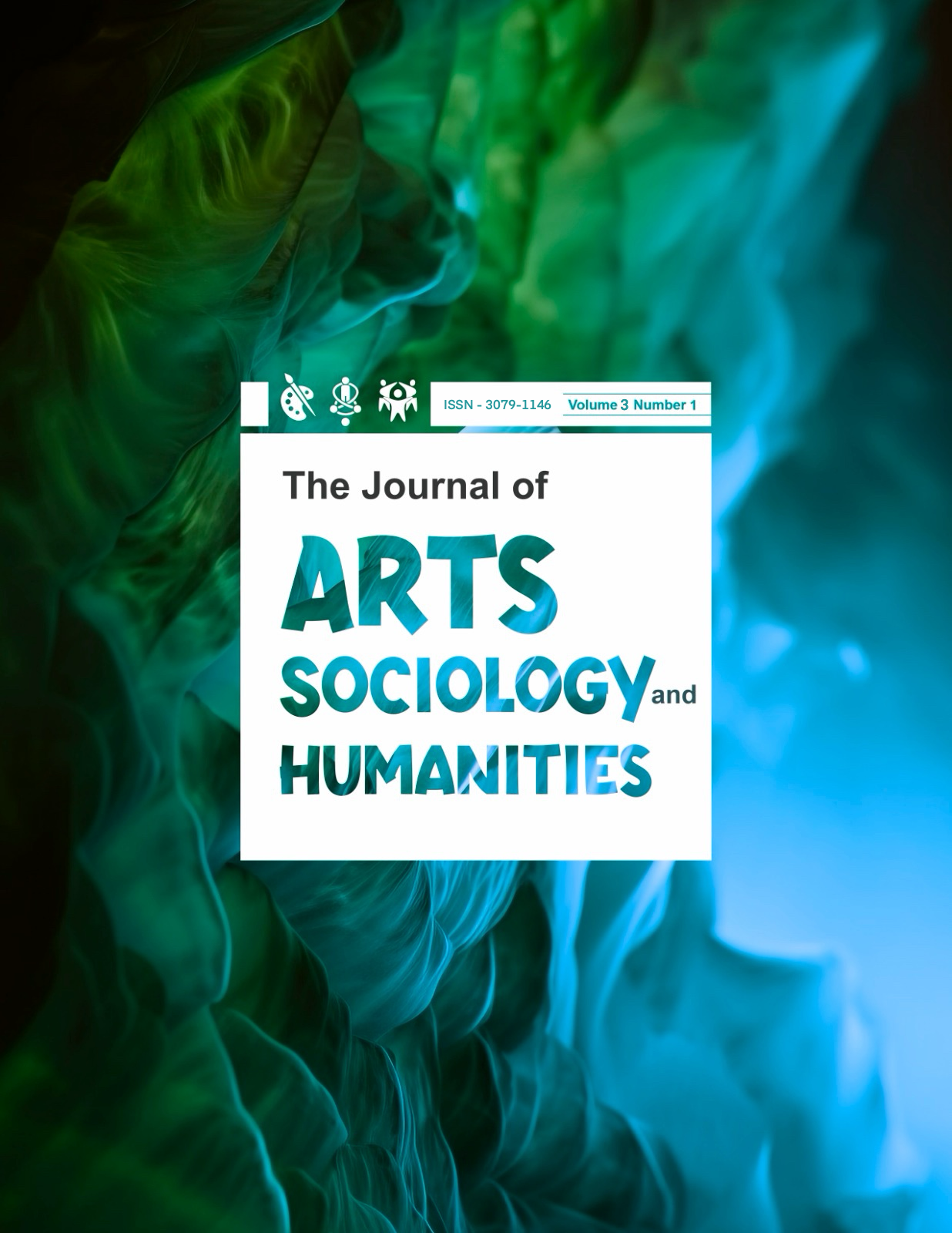Interest Groups and Foreign Policy: Influence, Challenges, and Democratic Dilemmas
Abstract
This article explores the advantages and challenges of democratic systems due to the influence of interest groups. These groups represent various social interests and have their own opinions in decision-making. Interest groups serve as a bridge between the general public and decision-makers, promoting a range of social and economic objectives. However, their influence can lead to unequal representation of different perspectives, resulting in "state capture" and administrative corruption. The use of campaign money also undermines trust in democratic institutions. The study suggests regulatory measures like lobbying regulations, conflict-of-interest guidelines, and transparency frameworks to maintain the beneficial participation of interest groups. The study is based on qualitative analysis, including case study examination and theoretical perspectives to better understand the influence of interest groups on decision-making.
Key Words: Foreign Policy, Interest Groups, Decision-Making, Power Politics, Influence
Downloads
Published
Issue
Section
License
Copyright (c) 2025 The Journal of Arts, Sociology and Humanities (JASH)

This work is licensed under a Creative Commons Attribution 4.0 International License.






